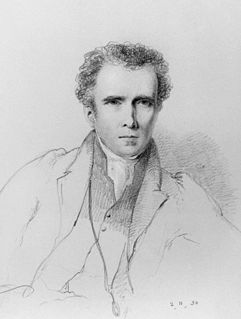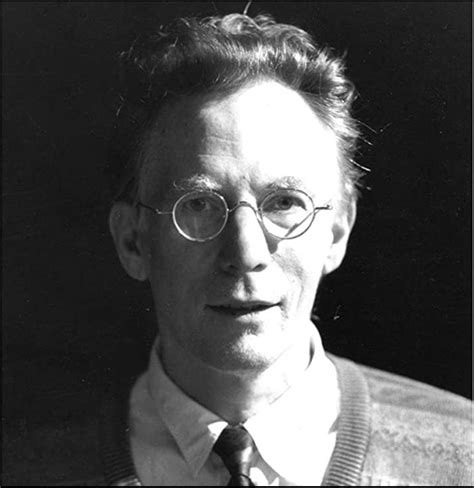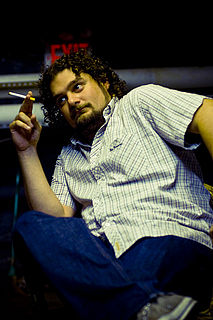A Quote by John Locke
The least and most imperceptible impressions received in our infancy have consequences very important and of long duration.
Related Quotes
In order to develop the willpower it takes to sacrifice, you must first realize that spending all your time and energy pursuing material comforts means you will eventually suffer. It's all about positive and negative consequences. It's very important to be aware that there are long-term consequences [for every action].
The Russians have been flying long duration crews since the early '70's. And in the early days, they've ended at least two missions early because of conflicts within the crew. So, they learned early on the importance of studying this and making sure you put the right crew together. Since we began our work together on the International Space station with the Russians in the early 2000's, NASA has started to learn the importance of this kind of work. And so, I think it's important work and we are not fully onboard and recognize it as important.
The most important and most significant good quality in our human life is gratitude. Unfortunately, that good quality we somehow manage not to express either in our thoughts or in our actions. Right from the beginning of our life, we have somehow learned not to express it. So we have the least amount of the very thing that we need most in order to become a better person.
The problem of giving health care to everybody cannot be solved so long as we're spending huge sums of money for war. Already we have a very wasteful healthcare system, the most wasteful healthcare system in the world. I mean, we spend the most money and still have 40 million people without insurance. Compare us to Cuba. Cuba is our enemy, run by a dictator, Fidel Castro. But people in Cuba get health care at least equal to that of the United States - with very scarce resources. So I think this issue is the most important domestic issue.
The lover of photography is fascinated both by the instant and by the past. The moment captured in the image is of near-zero duration and is located in a ever-receding then. At the same time, the spectator's now, the moment of looking at the image, has no fixed duration. It can be extended as long as fascination lasts and endlessly reiterated as long as curiosity returns.









































